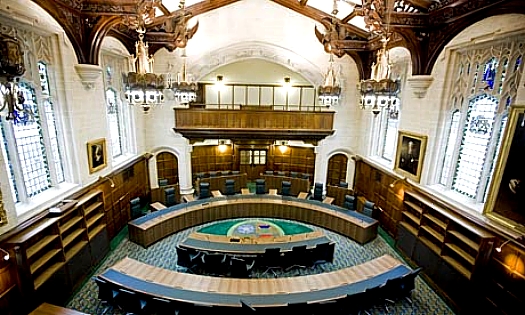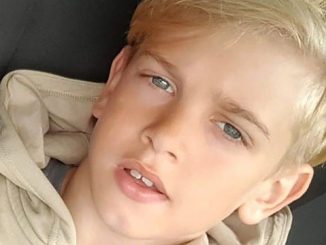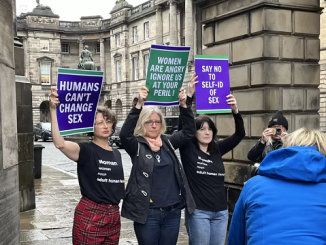
Legal permission will no longer be required to end care for patients in a permanent vegetative state, the Supreme Court has ruled.
It will now be easier to withdraw food and liquid to allow such patients to die.
When families and doctors are in agreement, medical staff will be able to remove feeding tubes without applying to the Court of Protection.
Lady Black ruled there was no violation under the Human Rights Convention.
The Court of Protection has ruled on cases for 25 years but the process can take months or years, and it costs health authorities about £50,000 in legal fees to lodge an appeal.
The case was brought to the Supreme Court after a banker in his 50s suffered a heart attack, resulting in severe brain damage.
He has since died but the case continued so that a court ruling could be made.
The man, known as Mr Y, was unresponsive after his heart attack last year and there was no chance of recovery.
His family and his doctors agreed it would be in his best interests to allow him to die by withdrawing his feeding tube.
The NHS trust asked the High Court to declare that it was not necessary to apply to the Court of Protection for a decision when the doctors and the family all believe it is in the patient’s best interests.
The judge agreed, but the official solicitor appealed on behalf of Mr Y – an appeal which has now been dismissed.
In Monday’s Supreme Court judgement, Lady Black said an agreement between families and doctors was sufficient safeguarding to ensure “public confidence”.
But she urged families to apply to court “where there are differences of view” between relatives or medical professionals.
The charity Compassion in Dying said it would “allow those closest to a person – their loved ones and medical team – to feel supported and empowered to make the right decision for the person, even when it is a difficult one”.
What is a vegetative state?
- A vegetative state is when a person is awake but is showing no signs of awareness. They may open their eyes, wake up and fall asleep at regular intervals and have basic reflexes. They’re also able to regulate their heartbeat and breathing without assistance
- A person in a vegetative state doesn’t show any meaningful responses, such as following an object with their eyes or responding to voices. They also show no signs of experiencing emotions
- Continuing – or persistent – vegetative state is when this happens for more than four weeks
- Permanent vegetative state is defined as more than six months if caused by a non-traumatic brain injury, or more than 12 months if caused by a traumatic brain injury
- If a person is diagnosed as being in a permanent vegetative state, recovery is extremely unlikely but not impossible
Source: bbc.co.uk






Be the first to comment